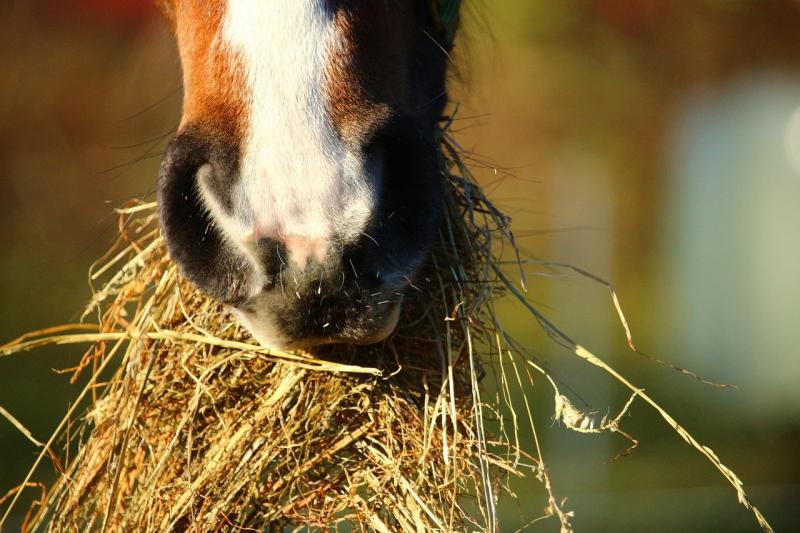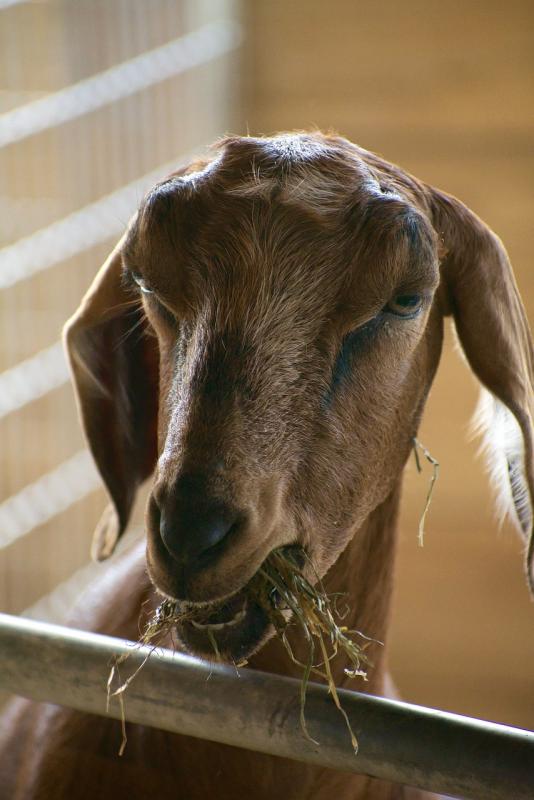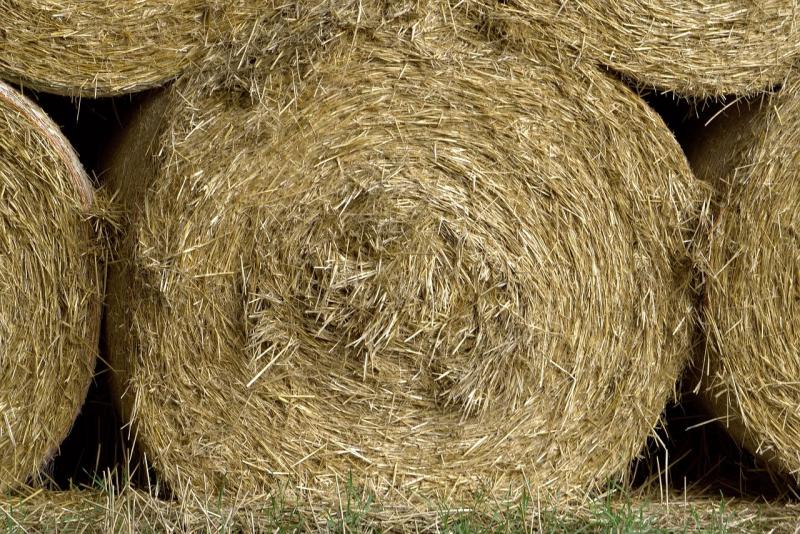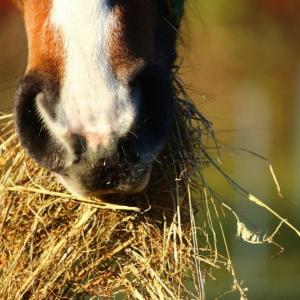UMaine Extension offers resources to producers during hay shortage
Many livestock and equine owners in Maine purchase all of their hay and forage needs for winter. While this year’s growing season started out well, forage growth was reduced due to low rainfall in most of the state, especially for second and third hay cuttings, according to University of Maine Cooperative Extension, in a news release.
Now is the time for livestock owners to assess what they have for feed, the number of animals they will be feeding, and what they will need for the next six to seven months, according to Professor Rick Kersbergen, of the University of Maine Cooperative Extension. Kersbergen advises against waiting until winter to source forage in the midst of a shortage.
UMaine Extension maintains a regularly updated interactive hay directory to help locate forage sources. Additional resources include how to determine the amount of forage needed and how to test the quality of forage.
For more information, contact Rick Kersbergen, 207.342.5971; richard.kersbergen@maine.edu.
University of Maine Cooperative Extension:
As a trusted resource for over 100 years, University of Maine Cooperative Extension has supported UMaine's land and sea grant public education role by conducting community-driven, research-based programs in every Maine county. UMaine Extension helps support, sustain and grow the food-based economy. It is the only entity in our state that touches every aspect of the Maine Food System, where policy, research, production, processing, commerce, nutrition, and food security and safety are integral and interrelated. UMaine Extension also conducts the most successful out-of-school youth educational program in Maine through 4-H.
About the University of Maine:
The University of Maine, founded in Orono in 1865, is the state's land grant, sea grant and space grant university. It is located on Marsh Island in the homeland of the Penobscot Nation. As Maine's flagship public university, UMaine has a statewide mission of teaching, research and economic development, and community service. UMaine is the state's only public research university and among the most comprehensive higher education institutions in the Northeast. It attracts students from all 50 states and more than 75 countries. UMaine currently enrolls 11,741 undergraduate and graduate students who have opportunities to participate in groundbreaking research with world-class scholars. UMaine offers more than 100 degree programs through which students can earn master's, doctoral or professional science master's degrees, as well as graduate certificates. The university promotes environmental stewardship, with substantial efforts campuswide to conserve energy, recycle and adhere to green building standards in new construction. For more information about UMaine, visit umaine.edu.
Event Date
Address
United States
































